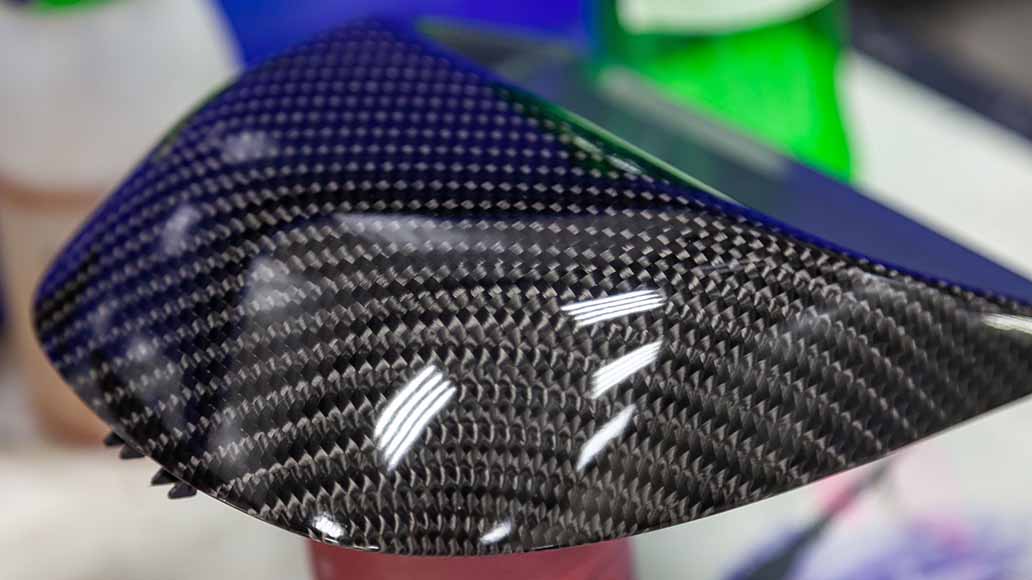Composite structures

Functional Composite Structures (SCF) research theme in the Mechanical and Environmental Research (MSCE) department
In the field of transport, the use of composite materials is now widespread, due to their specific mechanical properties offering weight gains and energy savings. They can also be endowed with functions to provide real added value to metal structures.
The “Functional Composite Structures” theme is organized around three major issues: Structures, Composites, Functionalization.
Position and Scientific Issues in Functional Composite Structures (SCF)
This concerns the understanding of the mechanical model-process-characterization of functional structures subjected to complex dynamic forces in harsh environments (heat, hygrometry and vibratory). Fatigue damage is included in the design chain in order to ensure structural and functional continuity in the life cycle of the structure.
We operate at the interface of upstream research and industrial needs, and rely on complementary partners: technical center for process, academic laboratories for materials. One part of this expertise is the study of biomaterials that offer real added value in composite structures, especially in terms of energy absorption and anti-vibratory and shock-absorbing elements.
The scientific issues behind the work of the team can be stated non-exhaustively as follows:
- Knowledge of the mechanical model-process-characterization relations of functional structures.
- Multi-scale approach (constituents, matrix, fibers, strengtheners, folds), multi-physics provided by functionalization.
- Non-linearity of behaviors intrinsic to composite structures reinforced by functionalization.
- Specific mechanical characterizations especially in rapid dynamics.
- Accounting for the damage/fatigue link in the design chain with variability of properties, environment and loads.
- Process in relation with a TC (IPC Laval).













